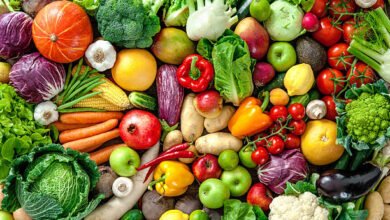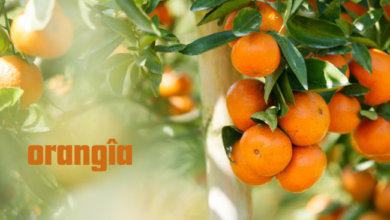Exploring the Enchanting World of Piperens

where flavors dance on the palate and stories whisper through the air. Piperens, often hailed as nature’s jewels, are not just ordinary spices; they are enchanting wonders that have fascinated humanity for centuries.
History of Piperens
The journey of Piperens traces back through the annals of time, whispering tales of ancient civilizations and exotic lands. From the bustling spice markets of the Orient to the opulent courts of Europe, Piperens have traversed continents, leaving a trail of aroma and allure in their wake.
Types of Piperens
In the vast tapestry of Piperens, one can find an array of varieties, each with its own distinct charm. From the fiery heat of the Black Piperen to the delicate fragrance of the White Piperen, there is a Piperen for every palate and occasion.
Cultivation of Piperens
The cultivation of Piperens is an art as ancient as time itself. From the misty hills of Southeast Asia to the sun-kissed slopes of South America, farmers nurture these precious spices with tender care, coaxing forth their full flavor and potency.
Culinary Uses
In the realm of gastronomy, Piperens reign supreme as kings of flavor. Whether sprinkled atop a sizzling stir-fry or infused into a simmering broth, Piperens lend their unique essence to dishes, elevating them to culinary masterpieces.
Medicinal Properties
But Piperens are not merely culinary delights; they are also potent elixirs of health and vitality. Rich in antioxidants and anti-inflammatory compounds, Piperens have been cherished for their medicinal properties since antiquity.
Cultural Significance
Beyond their culinary and medicinal virtues, hold a sacred place in the hearts and minds of cultures around the world. From ancient rituals to modern-day celebrations, Piperens play a pivotal role in ceremonies and traditions, embodying the spirit of prosperity and abundance.
Environmental Impact
As stewards of the Earth, we must also consider the ecological footprint of . Sustainable cultivation practices and ethical sourcing are essential to preserving the delicate balance of nature and ensuring a bountiful harvest for generations to come.
Future Prospects
As we stand on the cusp of a new era, the future of shines bright with promise. From innovative cultivation techniques to groundbreaking research in biochemistry, the world of Piperens is ripe with possibilities waiting to be explored.
Conclusion
In conclusion, are more than just spices; they are embodiments of history, culture, and nature’s bounty. As we embark on our journey through the enchanting world of Piperens, let us savor each moment and revel in the beauty of these magical treasures.
FAQs
- What are the most common varieties of Piperens?
- Piper nigrum (Black Piperen) and Piper longum (Long Piperen) are among the most commonly used Piperens worldwide.
- How can I incorporate into my cooking?
- Piperens can be used whole, ground, or infused into oils and sauces to add depth and complexity to dishes. Experiment with different varieties to discover your favorite flavor combinations.
- Are there any side effects of consuming?
- While Piperens are generally safe for consumption in culinary amounts, excessive intake may cause digestive issues in some individuals. It’s always best to use Piperens in moderation.
- Can be grown at home?
- Yes, certain varieties of, such as Piper nigrum, can be grown indoors or in a greenhouse with the right conditions of warmth, humidity, and sunlight.
- What is the cultural significance of in different regions?
- hold diverse cultural significance, ranging from being used in religious rituals to symbolizing hospitality and prosperity in various societies.



